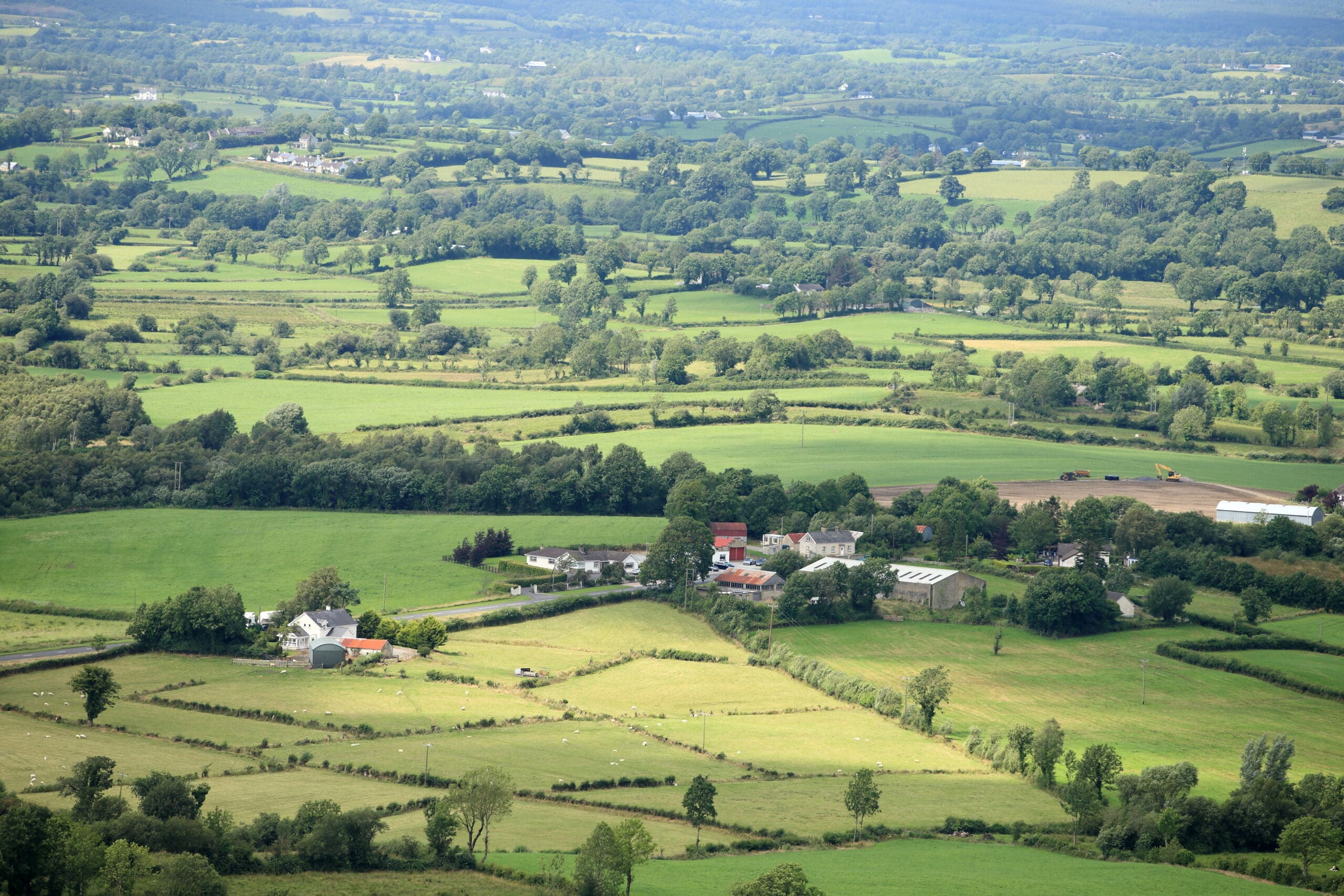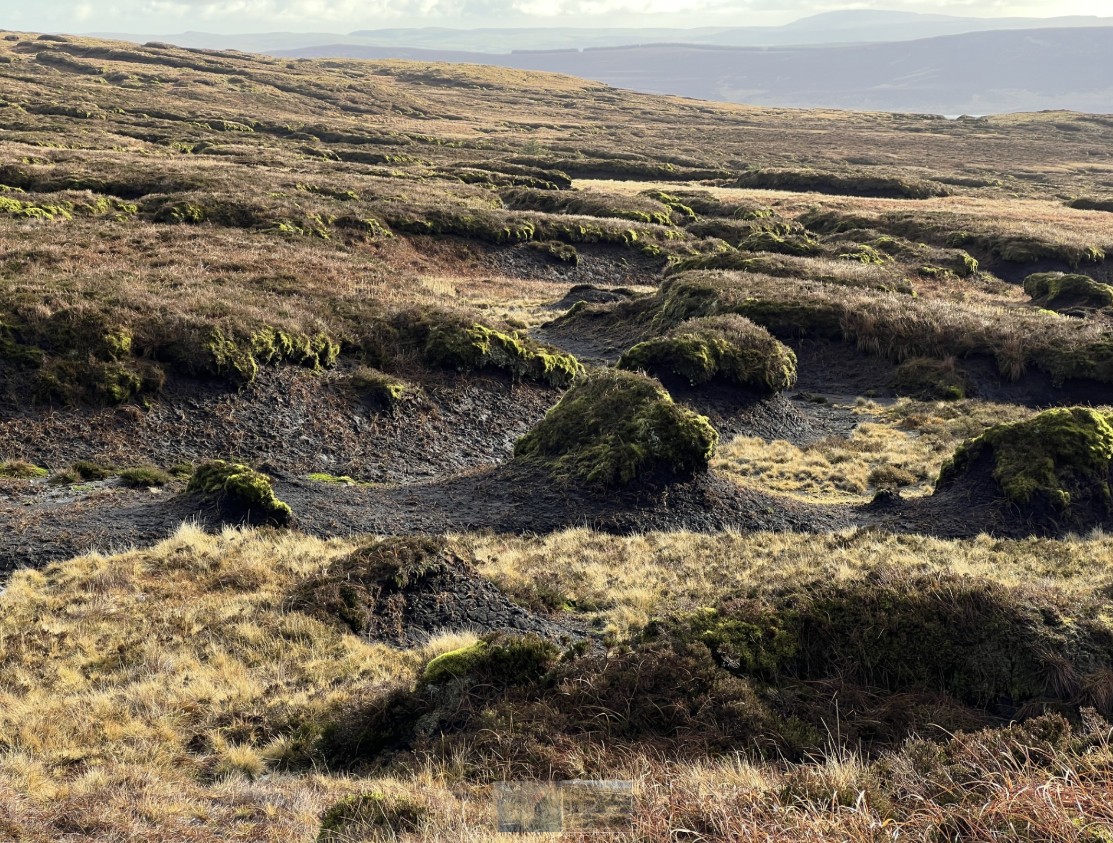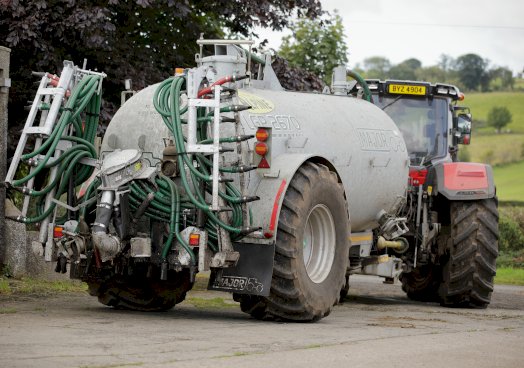
County Fermanagh countryside. Picture: Cliff Donaldson
The Department for the Economy (DfE) has launched a public consultation on its proposals to close the Northern Ireland Non-Domestic Renewable Heat Incentive (RHI) Scheme.
The RHI scheme was introduced in 2012 to encourage the uptake of renewable heating technologies by compensating for the higher cost of biomass boilers, heat pumps and solar thermal systems compared with fossil fuels. In its early years, the scheme attracted strong interest from the farming and agri-food sectors, particularly for poultry and horticulture. However, the scheme closed to new applicants in 2016. Since then, participants have faced a long period of uncertainty, with numerous tariff changes, audits, and legal challenges.
Under the New Decade, New Approach agreement in 2020, the Executive committed to closing the scheme and replacing it with a more effective and sustainable approach to decarbonisation. The Department now intends to deliver that commitment, with legislation to close the scheme expected to reach the Assembly in early 2026. The consultation sets out the proposed framework for winding down the current system and moving to a new payment arrangement.
What is being proposed
The consultation proposes that current participants will move from quarterly tariff payments based on metered heat, to a system of annual payments calculated from each installation’s ‘historic heat output’ during the period 2017 to 2019. This timeframe has been chosen as it represents what the Department describes as ‘the most balanced and representative period of operation’ before usage dropped in later years.
Participants would continue to receive annual payments until they reach the end of their original twenty-year term, provided the installation remains in use and continues to generate renewable heat for an eligible purpose. The proposed tariffs have been uplifted and will remain index-linked to inflation. For small and medium biomass systems, the familiar tiered tariff structure will continue to apply.
Usage bands and declarations
A key change in the proposed arrangements is the introduction of three usage bands; standard, limited, and de minimis, based on the participant’s self-declaration of how much heat was produced in the previous year. This is designed to reflect the reality that some businesses now use their boilers less frequently than they did when the scheme began. Those operating broadly in line (50-100%) with their historic output will receive the full annual payment, while those using their systems less often will receive a reduced amount.
To protect smaller operators and those with very low historic usage, the Department proposes a universal minimum payment based on five per cent of load factor, ensuring that no eligible participant is excluded entirely. Payments will be made annually in arrears, with a pro-rata system to cover part-year periods, ownership changes, or decommissioning.
Compliance and inspections
Participants will still have to complete an annual declaration confirming that their installation remains in use and that renewable heat has been generated. They will also be required to keep records of eligible fuel purchases and maintenance. The Department will retain the right to carry out inspections and audits, but it has indicated that these will focus on verifying continued operation rather than routine metering. A new review and appeals process will be introduced so that participants can challenge decisions about eligibility or payment levels.
Looking ahead
The closure of the RHI scheme should not be viewed as the end of renewable heat policy in Northern Ireland. On the contrary, it offers an opportunity to design a replacement scheme that supports the transition to low-carbon energy on farms and across the rural economy. Many UFU members continue to lead the way in adopting renewable technologies, and the Union will continue to press for new incentives that reflect the realities of agricultural energy use while contributing to emission targets.
The consultation remains open until Monday 24 November 2025. The UFU encourages all members with RHI installations to review the proposals carefully and submit their views directly to the Department. This is a chance to help shape the final outcome and ensure that the closure arrangements deliver fairness for farmers and the long-term stability the sector deserves.




